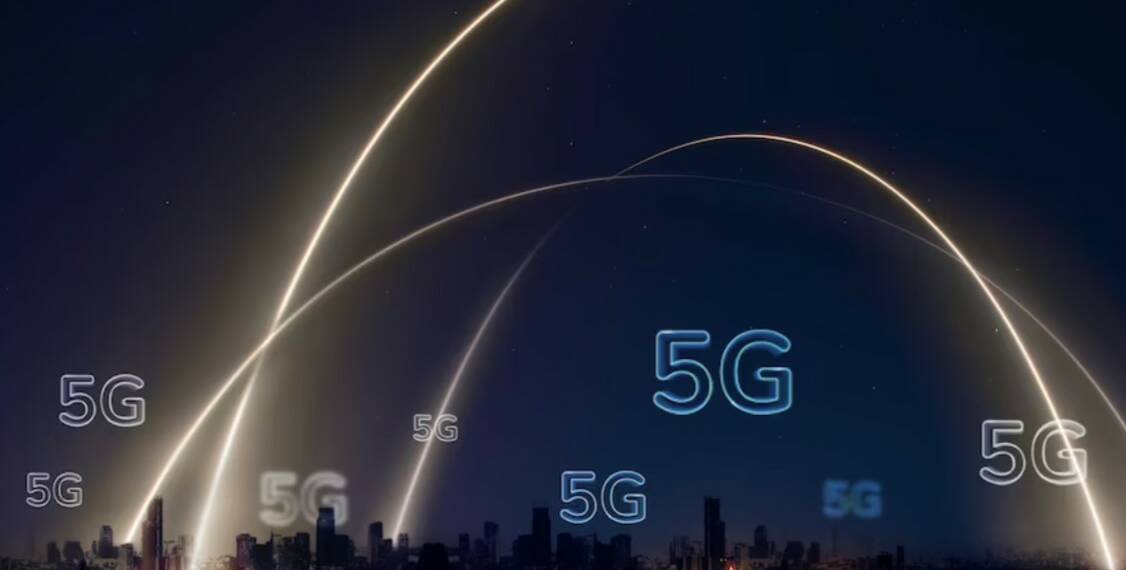High-speed internet connectivity has become crucial for both individuals and organisations in the fast-paced world of today. We’re about to see a big change in the way we connect and engage with the world around us with the introduction of 5G technology, the next generation of cellular network technology. In a variety of industries, 5G will open the door for new applications and innovations because to its quicker speeds, lower latency, and higher capacity. 5G is expected to alter how we live, work, and play, from driverless vehicles and intelligent automation to virtual and augmented reality. This article will examine the advantages of 5G technology, including its expanding infrastructure globally, prospective effects on emerging nations, and its role in fostering innovation.
What is 5G
The most recent cellular network technology is known as 5G. Compared to earlier generations, it delivers quicker speeds, lower latency, and greater capacity. It is made to meet the growing demand for data-driven applications, like streaming video, playing online blackjack, and the Internet of Things. (IoT). Greater bandwidth and faster data transfer rates are possible thanks to 5G’s usage of higher frequency bands than earlier technologies. It also makes use of cutting-edge antenna technologies like Massive MIMO (Multiple Input Multiple Output), which allows for higher coverage and more effective spectrum use.
Growing 5G infrastructure in the world
A lot of nations are investing in the technology to stay competitive as 5G is being rolled out globally. Major providers in the US, including AT&T, Verizon, and T-Mobile, have started rolling out 5G networks in a few cities. China, Japan, and South Korea were the next two nations to roll out a statewide 5G network. Europe’s 5G infrastructure rollout has advanced significantly in nations including the United Kingdom, Germany, and France.
In the upcoming years, 5G infrastructure development is anticipated to pick up speed. According to some estimates, there will be 1.2 billion 5G connections globally by 2025. By 2034, it is predicted that the technology will have significantly increased the world economy, adding $2.2 trillion, according to projections.
Impact of 5G technology on the developing world
Although industrialised nations have received most of the attention on 5G, the technology has the potential to have a big influence on underdeveloped regions. One of the main advantages of 5G is that it can help close the digital divide by giving underserved communities faster and more dependable internet access. This might fundamentally alter how we approach healthcare, education, and economic growth.
For kids in rural areas who might not have access to conventional schools, 5G can enable remote learning. By facilitating remote consultations and telemedicine services, it can also enhance healthcare outcomes. By enhancing connection and enabling access to digital tools and services, 5G can also offer new chances for enterprises in developing nations to participate in the global market.
Innovation and 5G
As a result of 5G’s enhanced speed, capacity, and dependability, new technologies and applications may be made possible. The Internet of Things (IoT), where 5G can enable the widespread deployment of linked devices ranging from smart homes to autonomous vehicles, is one of the most promising sectors.
Additionally, 5G can support brand-new virtual and augmented reality applications, giving users access to more immersive experiences. For instance, it can make it possible for remote workers to interact in virtual spaces or for surgeons to use robotic devices to carry out operations remotely.
A new degree of automation and machine learning can potentially be made possible by 5G. 5G can enable intelligent systems that can make judgements and conduct actions without the need for human interaction by having the capacity to handle massive volumes of data in real-time. This has consequences for sectors like logistics, transportation, and manufacturing where 5G can enable new levels of productivity and efficiency.
Conclusion:
In conclusion, 5G technology has the potential to have a profound impact on the world. The improved speed, capacity, and reliability of 5G can enable new applications and foster innovation across a range of industries. By giving underserved communities access to faster and more dependable internet, it can also aid in closing the digital divide and open up new avenues for economic, medical, and educational advancement. It will be crucial to make sure that the advantages of the technology are distributed fairly and that its deployment encourages social and economic development as the spread of 5G infrastructure proceeds.
Also Read: The Ultimate Guide to the Best New Family Cars of 2022








